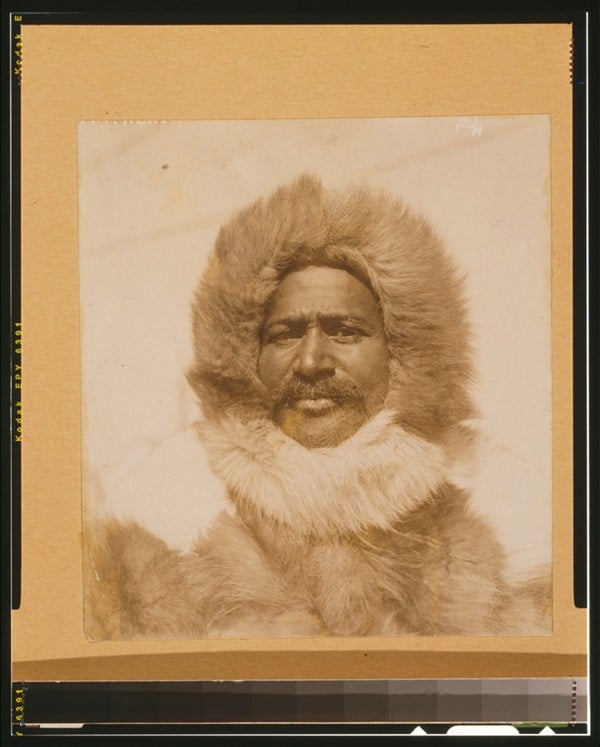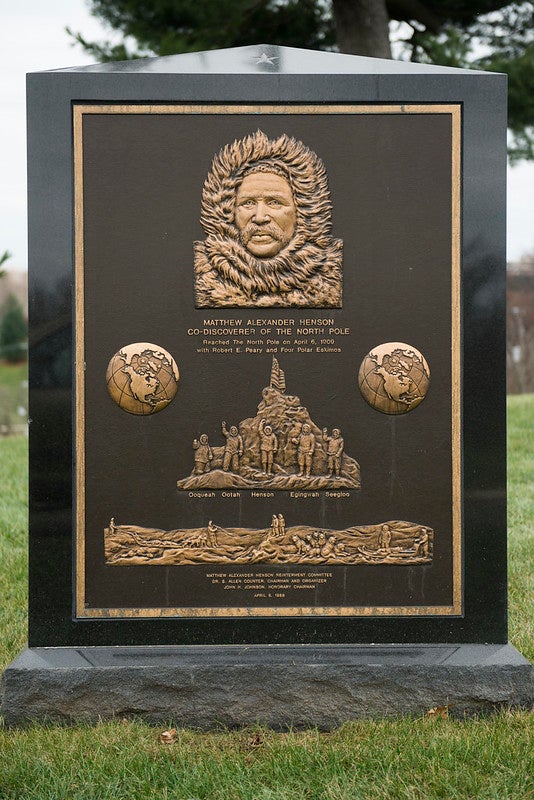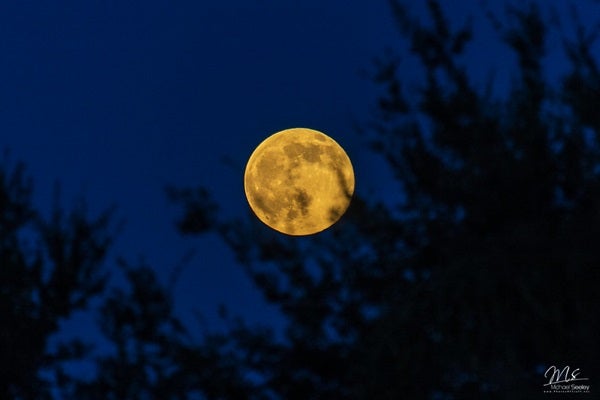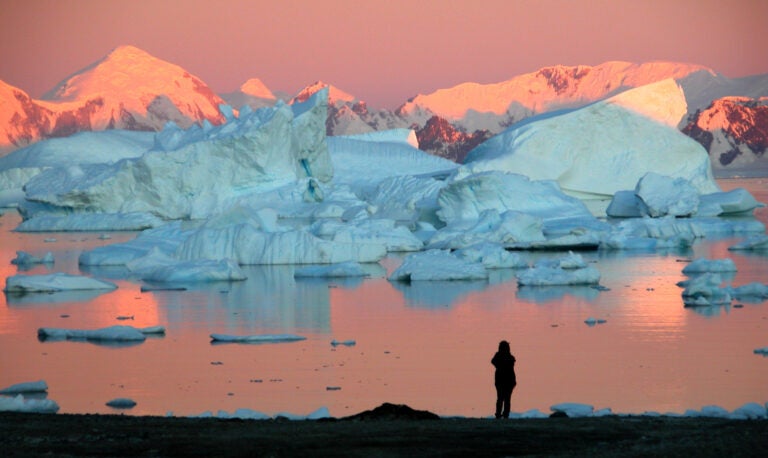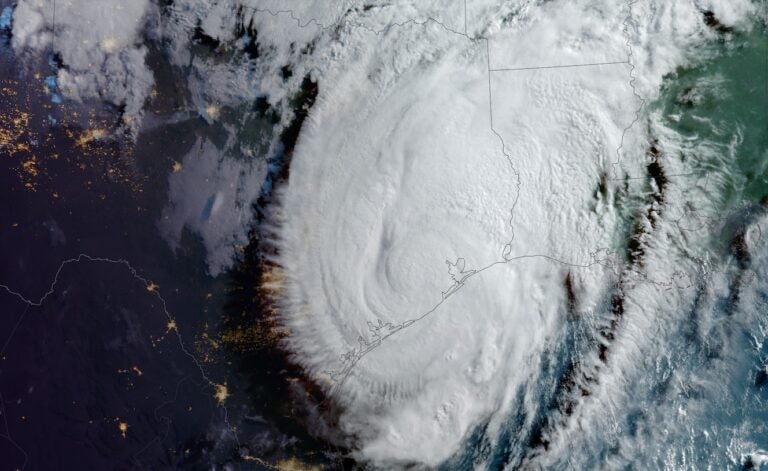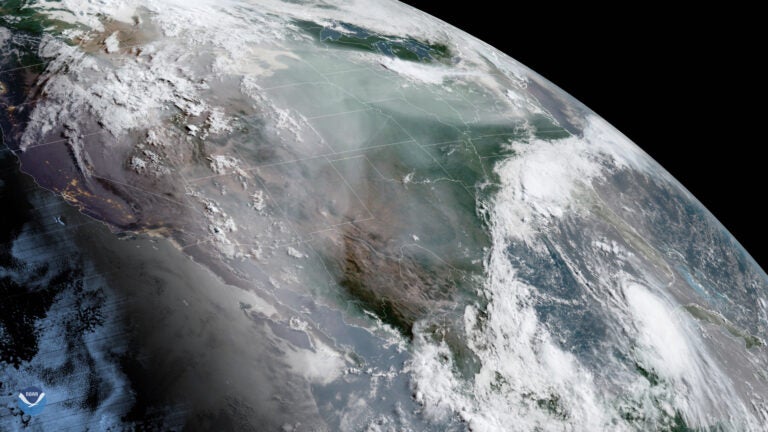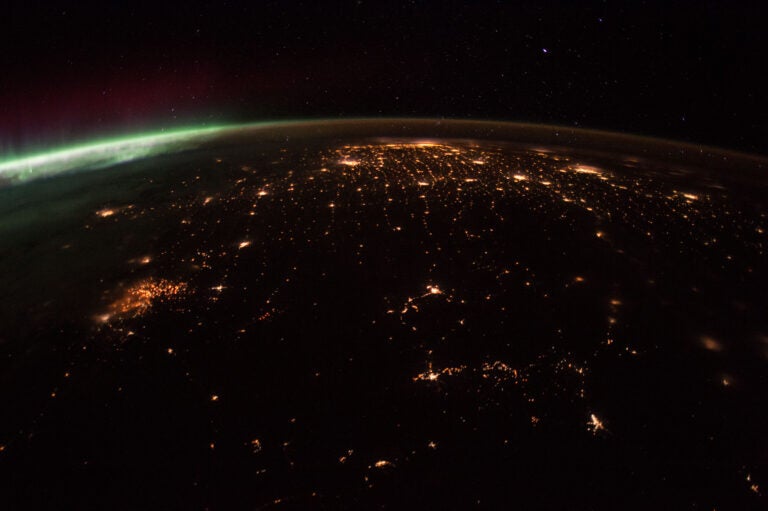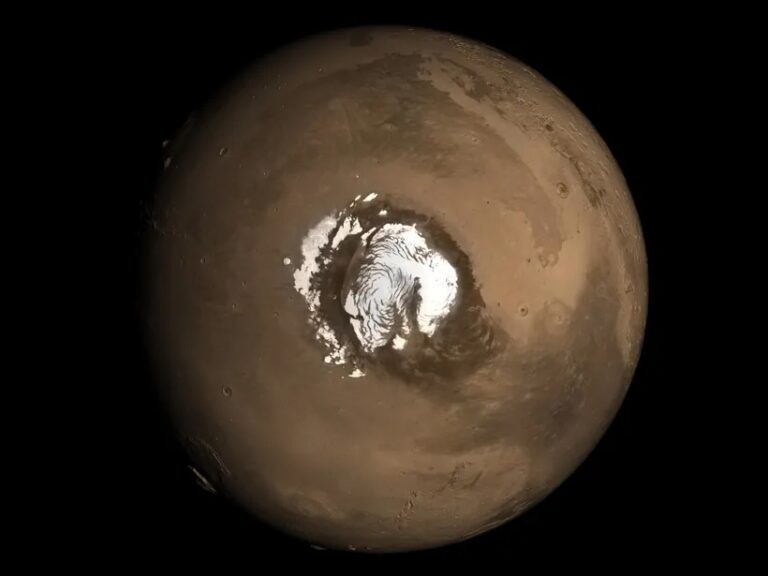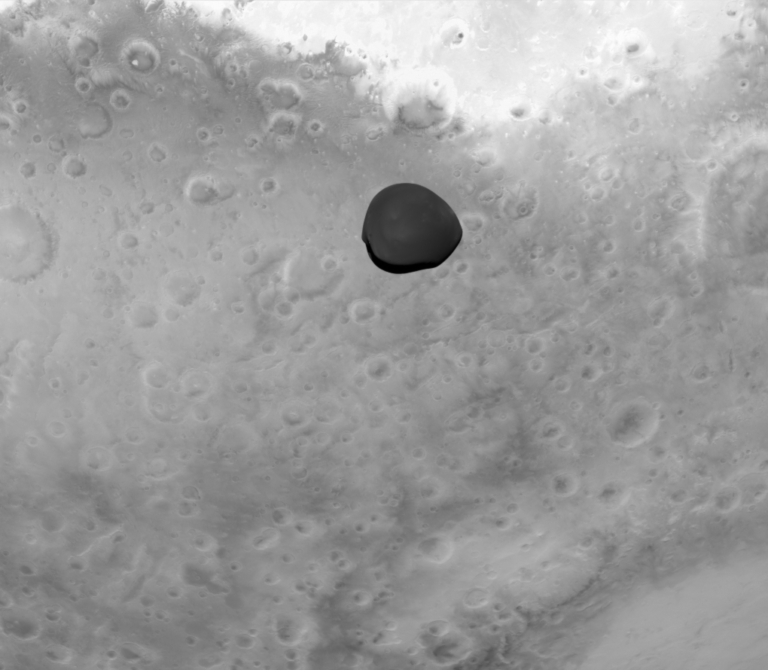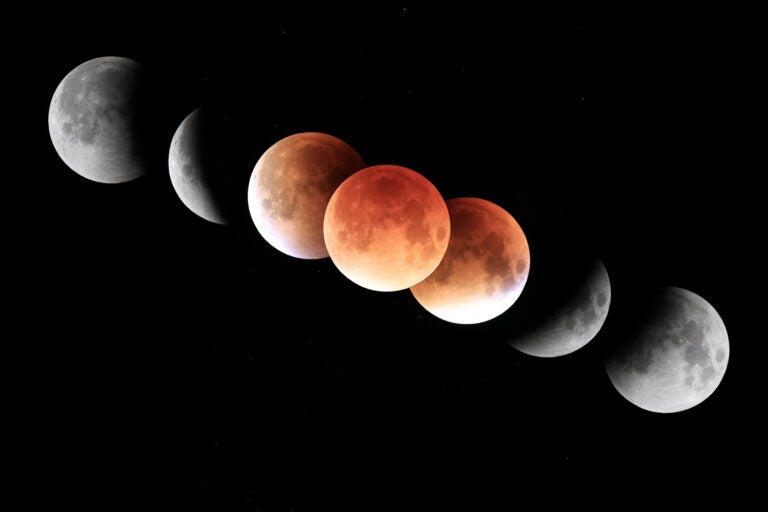Tucked between two potential landing sites for NASA’s Artemis program is a large impact crater. And sitting on the permanently shadowed floor of this crater is ice that future astronauts may be able to use for hydration, radiation shielding, and even rocket propellant.
Because this crater could play a pivotal role in the success of future lunar missions, it needed a name. That’s why Jordan Bretzfelder, a member of the lunar mapping team, alongside team lead Dr. David Kring, proposed Henson Crater — in honor of Matthew Alexander Henson. Dr. Henson was a black explorer who often led expeditions for Commander Robert Edwin Peary in a quest to be the first humans to stand at the North Pole. Eight times, Henson and Peary set out to reach the top of the world.
And on their final expedition in 1909, Henson, Peary and four Inuit hunter-guides — Ootah, Egingwah, Seegloo, and Ooqueah — finally reached the coveted spot.
Long-over due
Despite the team comprising of six men, only Peary was initially credited with achieving the feat.
Three years after the trip, Henson published his autobiography, A Negro Explorer at the North Pole. Peary provided the forward for the book. Activist Booker T. Washington, meanwhile, provided an introduction: “I am proud and glad to welcome this account of his adventure from a man who has not only honored the race of which he is a member but has proven again that courage, fidelity, and ability are honored and rewarded under a black skin as well as under a white.”
Henson’s rewards, however, were still decades away. (And the other four co-discoverers have yet to be honored at all.)
The Explorers Club of New York — a professional society promoting scientific exploration — made Henson an honorary member in 1937, nearly 20 years after his famed trip. In 1944, Henson was awarded the Congressional Silver Medal, which Peary had already received some 30 years prior. President Dwight Eisenhower invited Henson to the White House in 1954.
Henson died the following year and his remains, along with his wife’s, were relocated to Arlington National Cemetery in 1988, marking the 79th anniversary of his successful expedition. And nearly 100 years after his Arctic adventure, the National Geographic Society posthumously presented Henson with the Hubbard Medal. With the International Astronomical Union’s recent naming of Henson Crater, the explorer has now left his mark on the Moon as well.
“Creating an inclusive community and achieving equity in the sciences begins by recognizing the contributions of people from all backgrounds,” said Bretzfelder. “It felt like a disservice that Henson hasn’t been appropriately recognized for his contributions to polar science, and I’m proud to be a part of rectifying that.”

